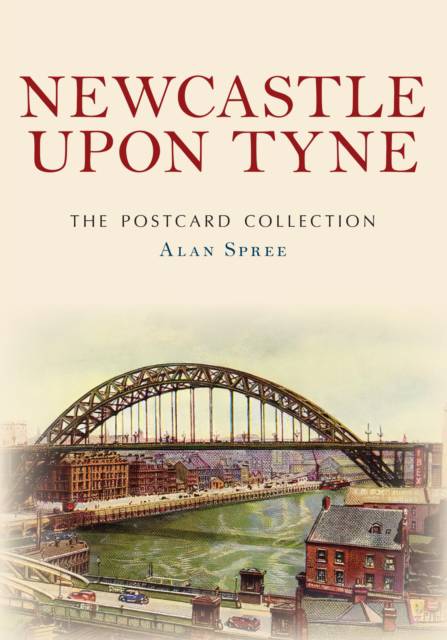
- Retrait gratuit dans votre magasin Club
- 7.000.000 titres dans notre catalogue
- Payer en toute sécurité
- Toujours un magasin près de chez vous
- Retrait gratuit dans votre magasin Club
- 7.000.000 titres dans notre catalogue
- Payer en toute sécurité
- Toujours un magasin près de chez vous
22,45 €
+ 44 points
Description
Newcastle upon Tyne has long been an important city in the north-east of England. A fortress against Scotland, medieval Newcastle grew rich exporting coal, wool and other goods from its port on the River Tyne, as well as being a shipbuilding centre. New industries developed in later centuries and Newcastle's population grew, and by the eighteenth century the town walls and gates were demolished to allow further expansion and easy movement of trade into the city. At the same time the city gained its first newspaper, infirmary, bank, dispensary, assembly rooms and theatre and a new bridge was built across the Tyne. The centre of the city was rebuilt in 1825-40 and gradually amenities improved for the average inhabitant. In the 1920s and 1930s, the first council houses were built in Newcastle. The city suffered some damage during the Second World War but later decades have witnessed urban regeneration. In Newcastle upon Tyne: The Postcard Collection the author has drawn on a remarkable selection of old postcards to give a pictorial record of life in the city's rich past, from the mid-nineteenth century to the 1940s. Although some of historical Newcastle seen in these views has been lost, many landmarks have remained and will be familiar today. The postcards show the changes to Newcastle's fabric and its community adapting over the course of this period. This fascinating collection of images will be of interest to those who have lived in Newcastle or know it well.
Spécifications
Parties prenantes
- Auteur(s) :
- Editeur:
Contenu
- Nombre de pages :
- 96
- Langue:
- Anglais
- Collection :
Caractéristiques
- EAN:
- 9781398114999
- Date de parution :
- 15-04-23
- Format:
- Livre broché
- Format numérique:
- Trade paperback (VS)
- Dimensions :
- 165 mm x 234 mm
- Poids :
- 271 g







